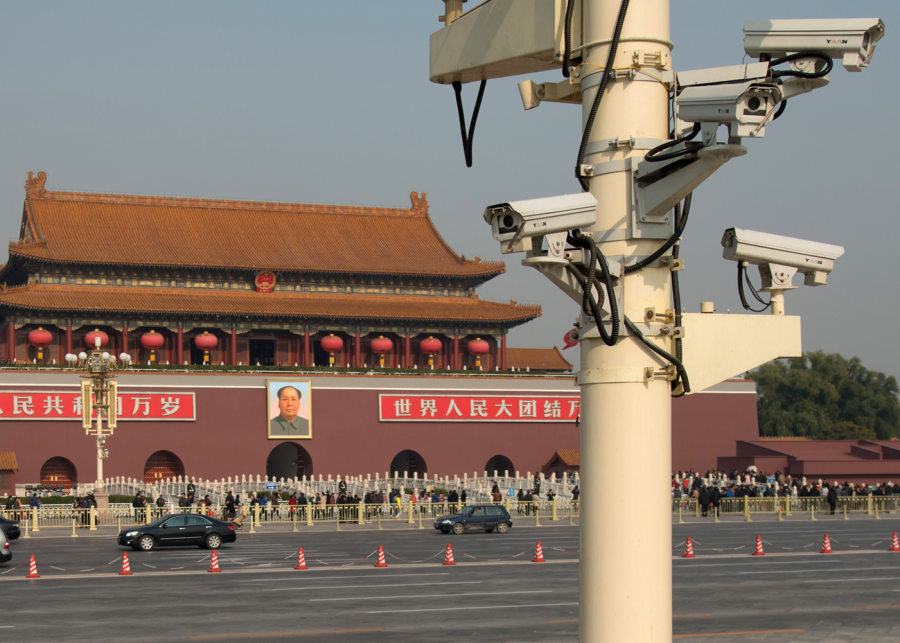Data-based Profiles Destroy Democracy
While many Western nations struggle to balance surveillance and privacy, autocracies like China have already implemented data-based profiles for their citizens heavily dependent on monitoring. In 2014, China piloted its “social credit” system, which can punish people for something as inconsequential as buying too many video games. A bad social credit score makes it harder to take out loans and can even prevent people from traveling. Although some may argue that they are necessary to carry out more targeted policies, countries should not adopt data-based profiles as data can easily be leaked and profiles contradict democratic values.
Ensuring the security of data is becoming impossible with more advanced technology. When companies or countries collect people’s data, it must be stored somewhere, whether in a physical database or cloud. The Federal Trade Commission discovered that Equifax, a credit score company, released the social security numbers, addresses and phone numbers of over 147 million people after being hacked. If countries adopted a data-based profile for everyone, data breaches would release even more information. Such a breach could include anything from medical records and financial information to internet browsing history and location data.
Also, hyper-surveillance often discourages protests. People are less likely to protest if there is a camera constantly watching their every move and relaying any suspicious activity to law enforcement. The impact of this monitoring hinders not only physical protests with megaphones and big signs, but also digital protests based on social media. Social media gathers a lot of information about each user, from who they interact with to what type of content they prefer. If people know that the government or social media companies are building entire profiles on their data, they are less likely to speak out against injustice for fear of getting arrested.
This scenario would be detrimental for democracy as a whole. Messages on social media are able to reach millions of people across the United States in minutes, allowing individuals to organize and support protests in real time. Social media is more accessible than other forms of protest since anyone with an internet connection can access it. In fact, many movements such as the George Floyd protests in 2020 and the Iranian Mahsa Amini protests in 2022 used social media as one of the primary ways of spreading their message.
Some may think that the U.S. and other democratic countries are far from creating these authoritarian data-based profiles, but that is not true. Boston Latin School AP U.S. History and Economics teacher Mr. Dominic Rinaldi comments, “I think our credit score system may be too much. It is similar to what China wants to do, [but] credit scores are economic.” A credit score system can be seen as a first step towards a more comprehensive data-based profile. For example, a good credit score allows people to get loans with cheaper interest rates, but making one payment late could tank one’s credit score for more than seven years.
Some argue that data-based profiles can provide more accurate information for politicians to make more effective targeted policies. After all, data-based profiles provide a lot of information. There are other, however, more effective avenues such as the U.S. census, which compiles data for regions as a whole, without identifying specific individuals.
Sam Chen (II) notes, “Data-based profiles can increase the efficiency of a litany of programs and can ensure authenticity of individuals.” With automated data profiling, organizations do not have to survey populations manually, which inevitably would have errors. Thus, many social media platforms automatically sort users’ data to generate curated ads, and countries automatically register passport data for travelers.
In a way, everyone may already have a data-based profile. For instance BLS students all have their own student ID, which can provide information on every class, grade and misdemeanor mark someone has received. Social media keeps track of who, when and how much users interact with others. As cliché as it may sound, everyone should be more mindful of how much information they reveal online.







